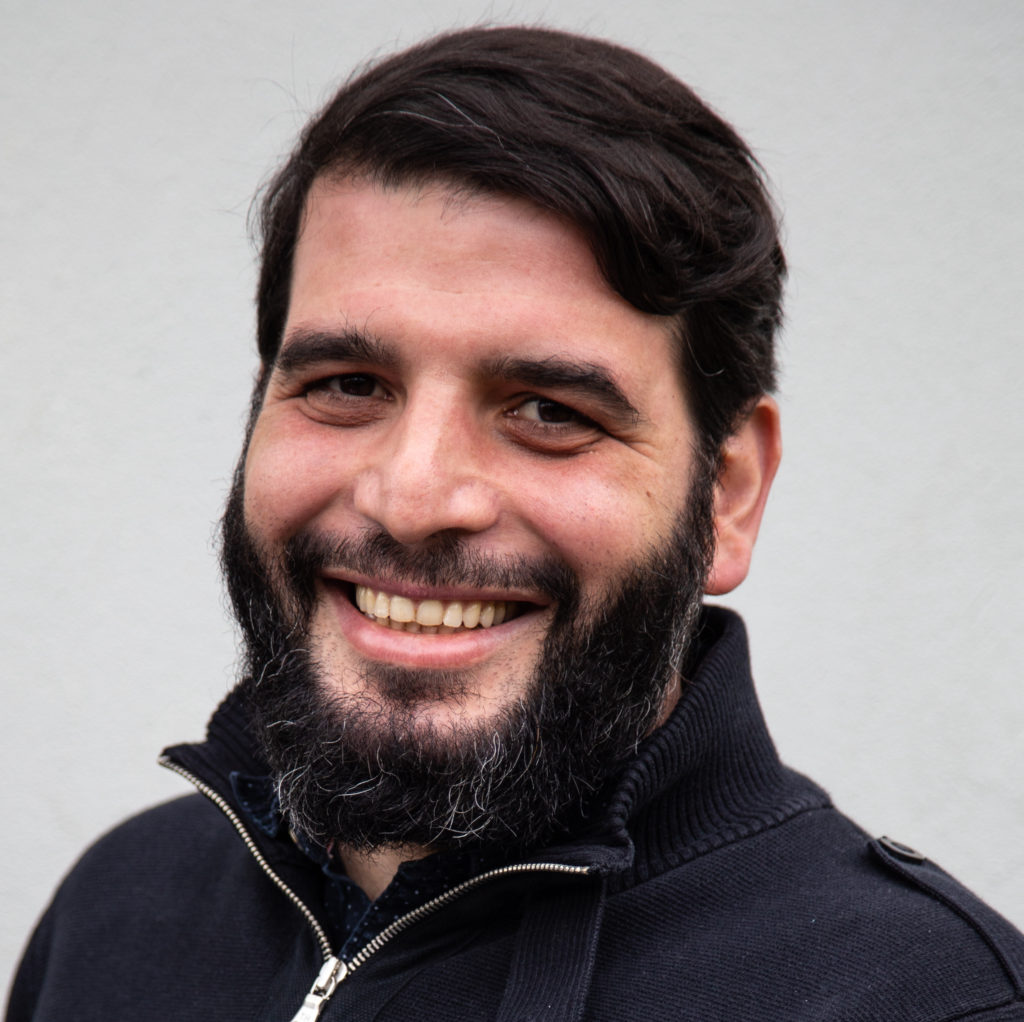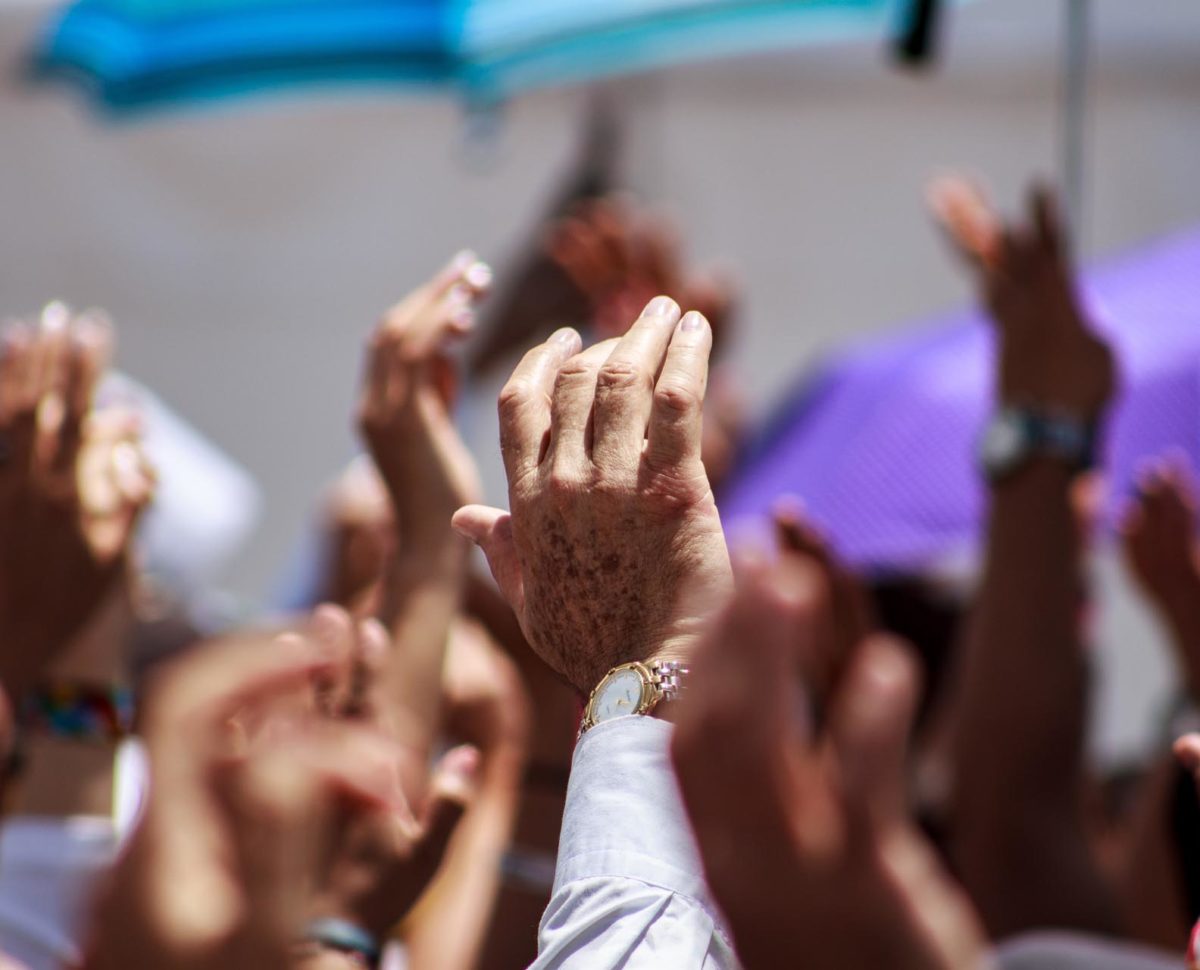
Toni Rouhana
‘My ethnographic observations revealed the need to revise the argument about “collective amnesia” in Lebanon. People were excited to share their wartime experiences with me for various reasons. Yet there was also limited enthusiasm in talking about the war during the election because of the uncertainty surrounding it. The election could bring about the unrest that could potentially result in renewed fighting…’
Even though I had scheduled interviews during my exploratory visit to Lebanon a few weeks earlier, many ex-combatants requested a rescheduling until after the parliamentary election held on May 15th, during my latest fieldwork. The ongoing economic and financial crisis in Lebanon had produced a profound uncertainty, which the polarised election heightened. Under these conditions, discourses about the legacies of the civil war were mobilised in the media, social media, and everyday interactions. In post-election interviews, I learned that ex-combatants who had requested this rescheduling were extremely worried about the possibility of renewed armed conflict resulting from the election.
During this round of fieldwork, I conducted 40 life-history interviews with Lebanese research participants from regions representing most of the groups that were involved in the civil war of 1975-1990. These interviews ranged between one and a half and four hours. All interviewees were active participants in the war, and their ranks varied from rank-and-file fighters to high-level commanders.
In addition, I participated in several workshops and events meant to address the histories, presents, and futures of the civil war. For example, I attended a war memory workshop organised by the Lebanese Association for History (LAH) and led by the German-based NGO forumZFD Lebanon. The workshop was designed to support history teachers in tackling the subject of war in the classroom in the absence of a history textbook that covers that period.
I also attended a youth development workshop in Tripoli in northern Lebanon led by Fighters for Peace, an NGO founded by ex-combatants during the war that promotes dialogue and works toward peaceful means to address conflict. On another occasion, I had a brown bag lunch at the Fighters for Peace office in Beirut, where I met several active members of the organisation and explained the scope, goals, and objectives of the Civil War Paths project.
I complemented these interviews and observations with other materials about the civil war. For example, I gained access to the American University of Beirut (AUB) newspaper archives at the Nami Jafet Memorial Library. Here I was able to expand the timeline of war events and locate documentation of some of the less known events that emerged during the interviews. These events had a critical impact on the research participants and the groups they identify with. I also got in touch with small independent local newspapers, and some are excited to grant me access to their wartime archives.

The main rationale behind conducting field research during election times was to observe what carries on from wartime into the political space that elections produce. This is especially significant in Lebanon because some of the key participants in the civil war turned into politicians in the 90s and are now leading figures in the government.
My ethnographic observations revealed the need to revise the argument about “collective amnesia” in Lebanon. People were excited to share their wartime experiences with me for various reasons. Yet there was also limited enthusiasm in talking about the war during the election because of the uncertainty surrounding it. The election could bring about the unrest that could potentially result in renewed fighting.
I was surprised that a few days after the election results were announced people started contacting me to conduct interviews. Most ex-combatants who got involved in active military operations wanted to talk about their lives as ex-members of different militias during the war. This was despite or perhaps because of the lack of support for ex-combatants from post-war governments. Without a process of rehabilitation or access to therapy, most were open about their feelings, including shame, pride, regret, and even longing.
In some instances, it became clear to me that recounting the past was difficult during the interview, and in those moments I decided to intervene and check-in if we needed to take a break in the interview or if my interlocutors were sure they wanted to keep going. On one occasion, I had to politely ask my respondent to stop the interview and continue at a later date.
Ex-combatants had their own stories about the cause of the war, who the enemy was, and the rationale for joining. Each was affected by the location and age at the time of mobilisation. Only one interviewee from among militia members consciously decided to quit active fighting during the war. Many joined local organisations that were only active during periods when their regions, neighbourhoods, or cities were attacked. The line between being a civilian and a participant in military operations was therefore blurred.
A consistent pattern also emerged in the language used to describe the atrocities committed. I noted throughout the interviews that my interlocutors used expressions and metaphors to indirectly refer to violent activities they were involved in. In the context of ongoing denial of the past, these descriptors affect how the violence of the past is perceived in the present. Reliance on indirect language, among other sources, might also make it difficult to document wartime atrocities in the future.
Finally, I found that the framing of the war as sectarian is not helpful in many instances. My interviewees who were combatants during the civil war encompass the full political spectrum from the secular far left to the religious far-right. Most insisted that they did not get involved in the war for sectarian reasons. However, during the interviews, their discourse consistently included sect-based divisions and conflicts. Understanding the workings of sectarianism requires a new framework that can capture the conscious, non-conscious, and affective dynamics of sect-identities.
In the coming months, I look forward to analysing these interviews to expand on each of these threads, as well as going back to Lebanon later in the year for further ethnographic and archival research. I am also excited about the prospect of comparing the civil war in Lebanon with the other cases that we are exploring at the Centre.

